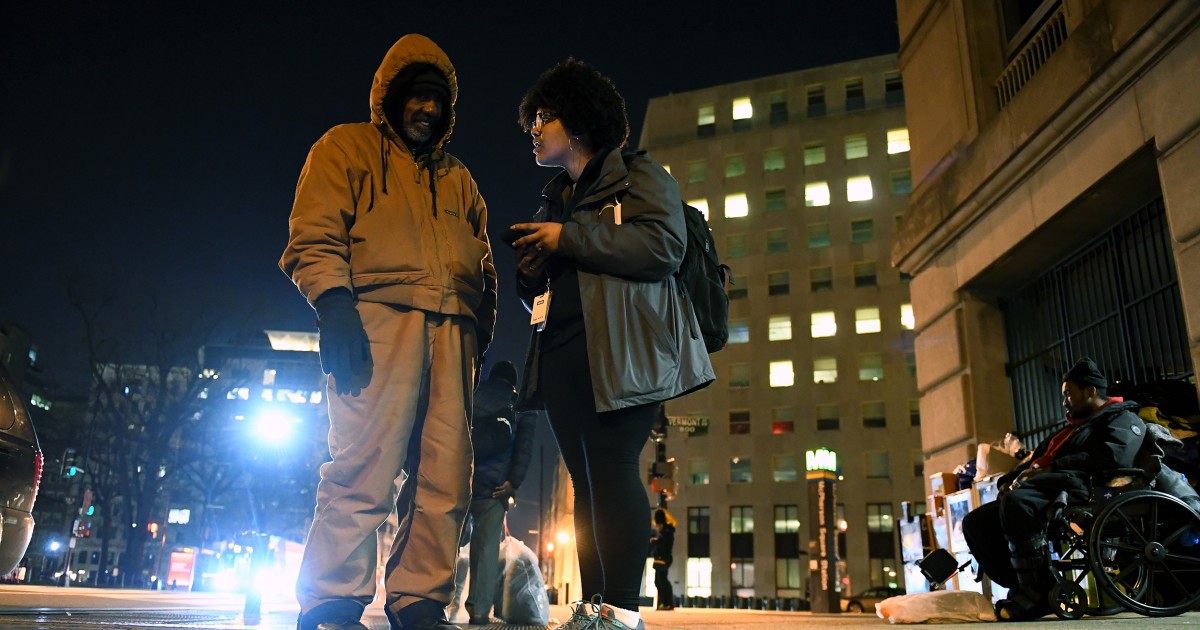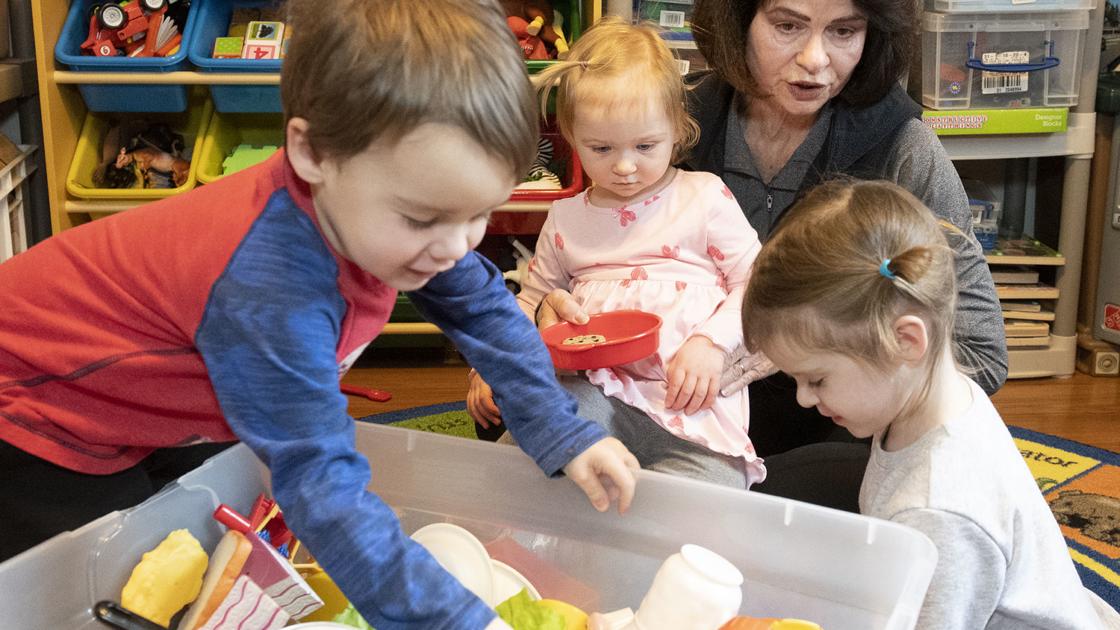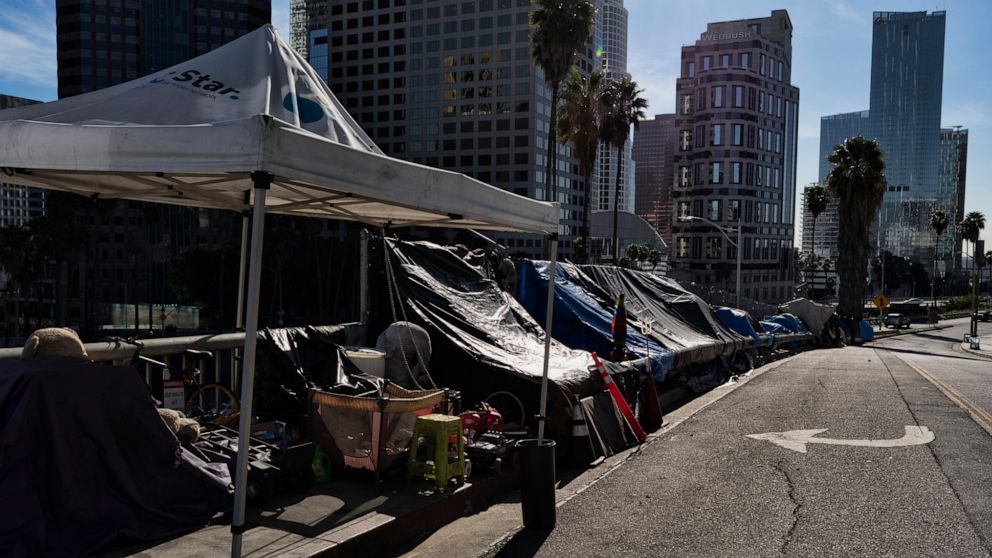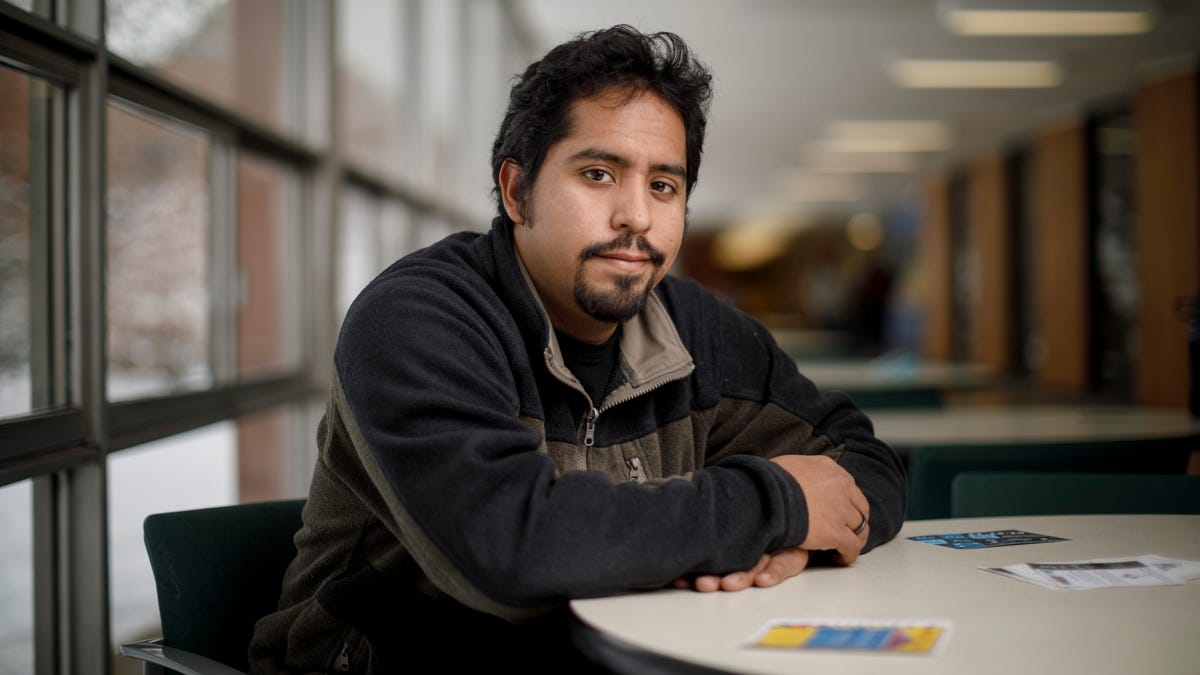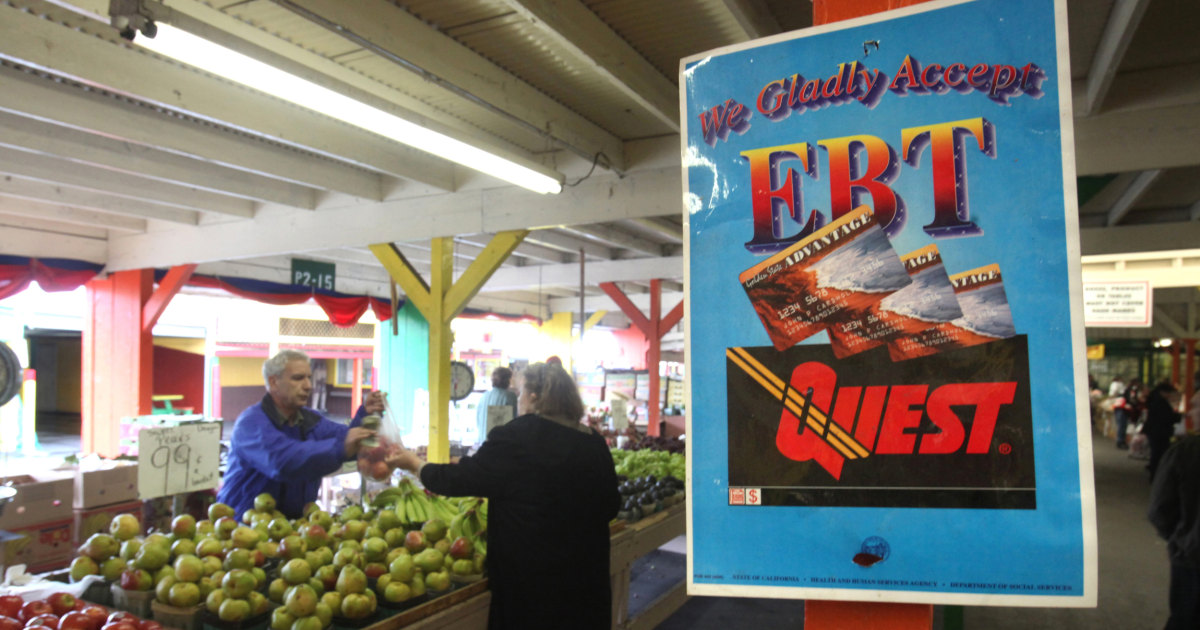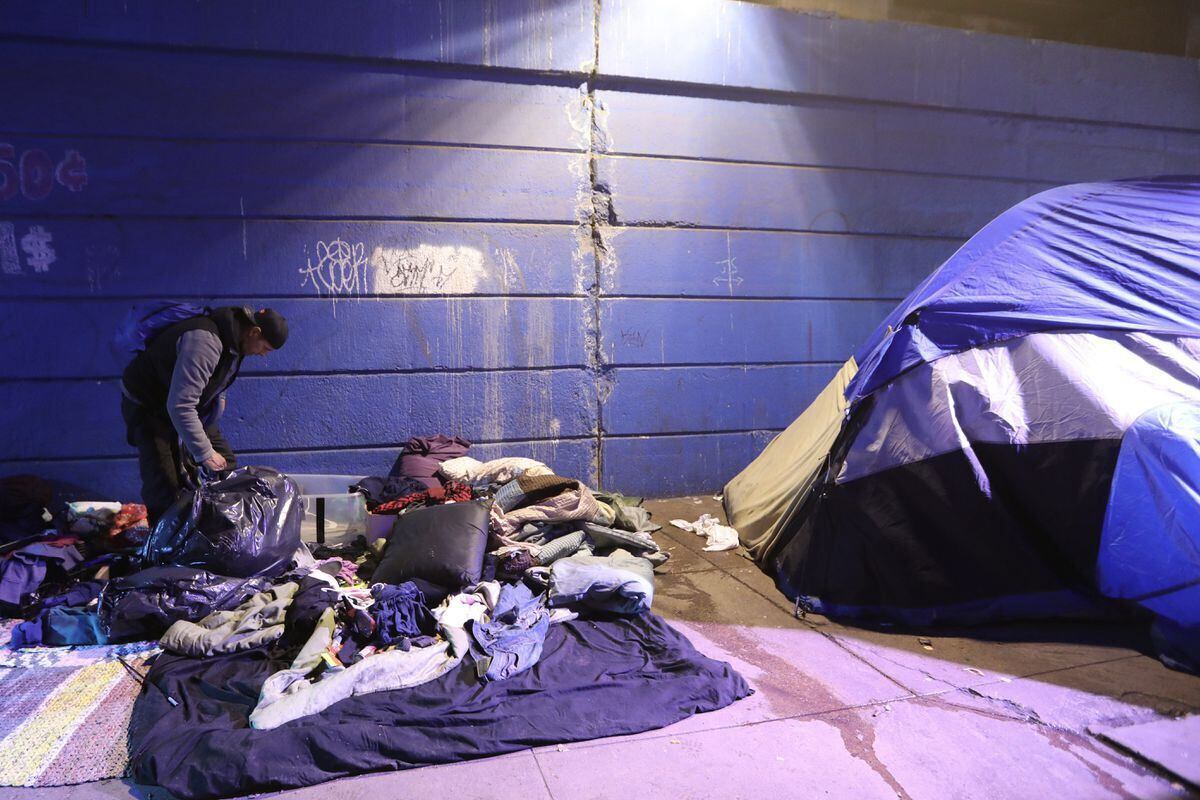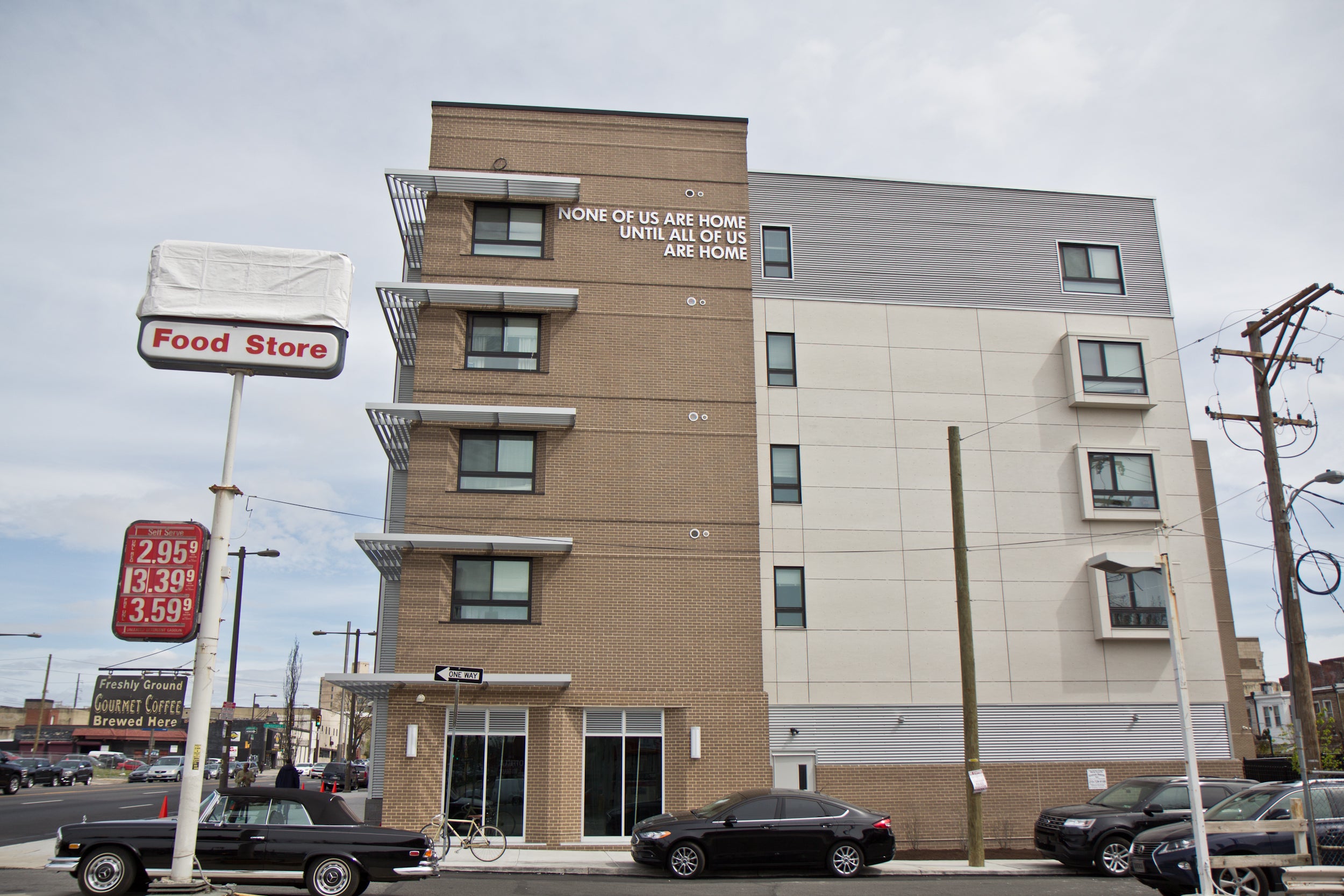The order is the latest in which the high court has intervened in hard-line immigration cases that have been halted by lower courts.
Experts predicted a drop in children using public health insurance from the chilling impact of a controversial immigration proposal. Now, there’s troubling…
The overhaul would likely be attractive to red states that want to limit spending, maintain greater flexibility, limit the size of the overall program and share in cost savings.
The Trump administration on Thursday took another significant step in overhauling Medicaid, allowing states to ask for a set amount of federal financing for part of their programs in exchange for more local control.
Cuyahoga County, Ohio, has used a waiver for years to avoid certain work requirements for many of its food-stamp recipients. Under new rules, that is about to end.
Independent grocery stores and regional supermarket chains already face brutal competition and shrinking profits. Now, they are worried about losing out on a valuable source of sales: food stamp recipients.
Texas has billions of federal dollars and at least three congressional seats to gain if the 2020 census accurately counts its growing population. But the…
See whether you make the kinds of mistakes that can cost poor families food or health insurance.
“This is decades and decades of failures,” one expert said of the persistent homelessness crisis that continues to plague California.
The report found that more than 75% of children under age 6 live in homes where all adults work.
Increases in poverty and youth suicide rates go hand in hand, a new analysis shows.


/arc-anglerfish-arc2-prod-dmn.s3.amazonaws.com/public/7IOHKXA63REPTIEDQ7H3H7BMTQ.jpg)

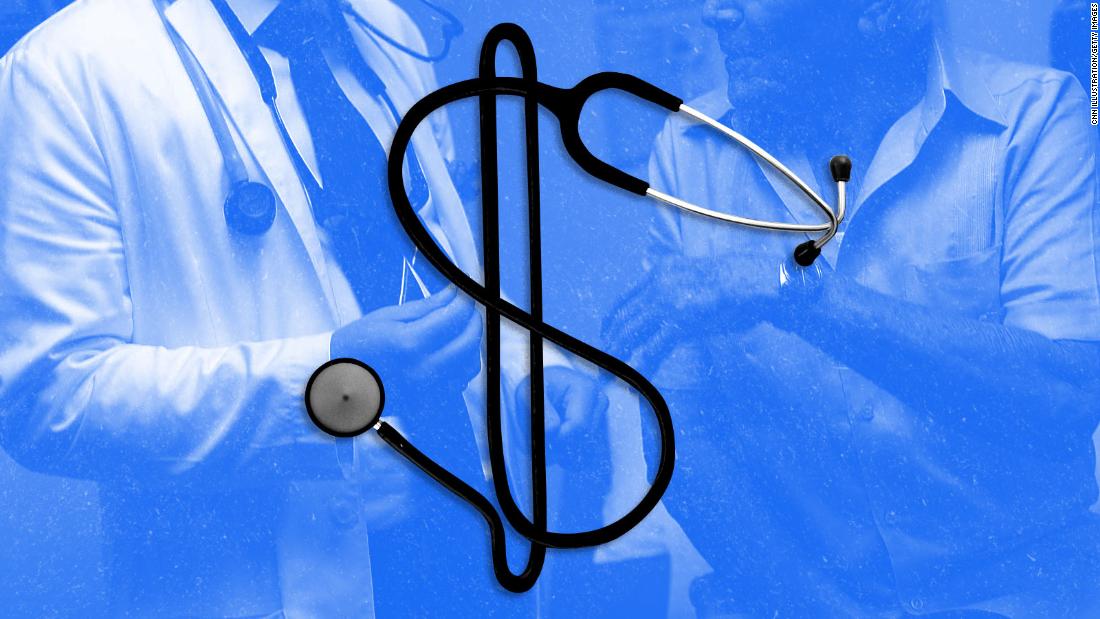

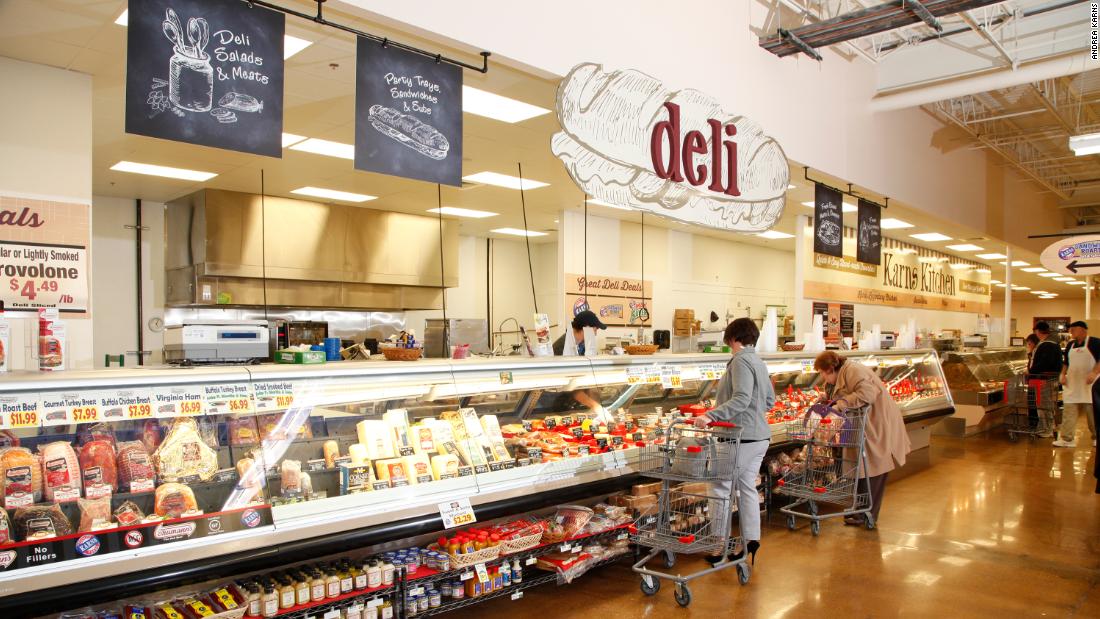
/arc-anglerfish-arc2-prod-dmn.s3.amazonaws.com/public/OCQNL2PM5RDTXN2PHS3P6E6WP4.JPG)

